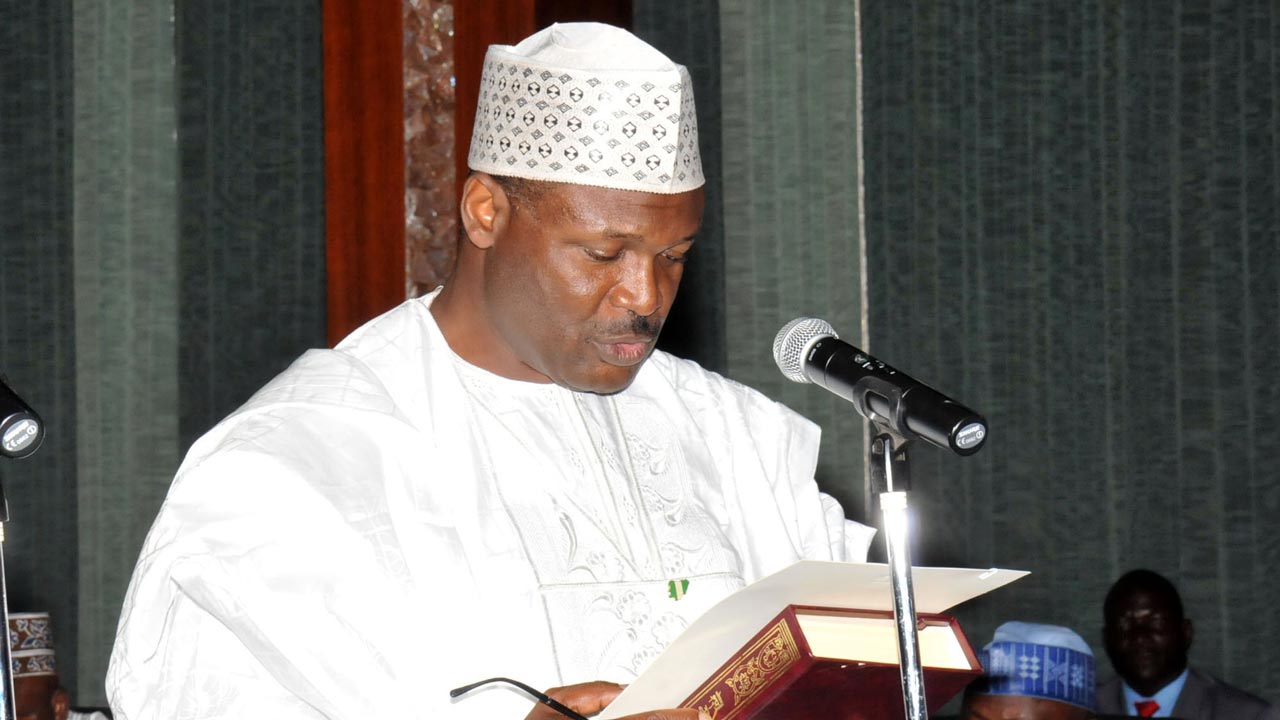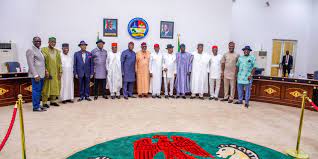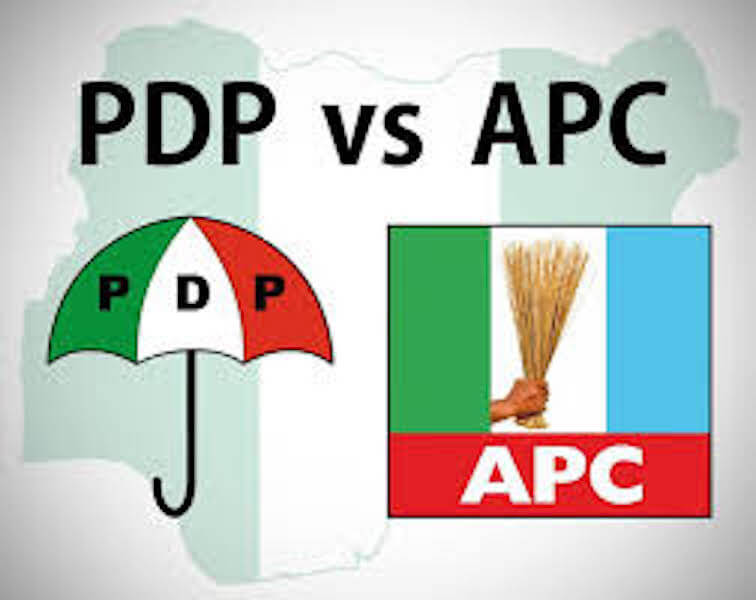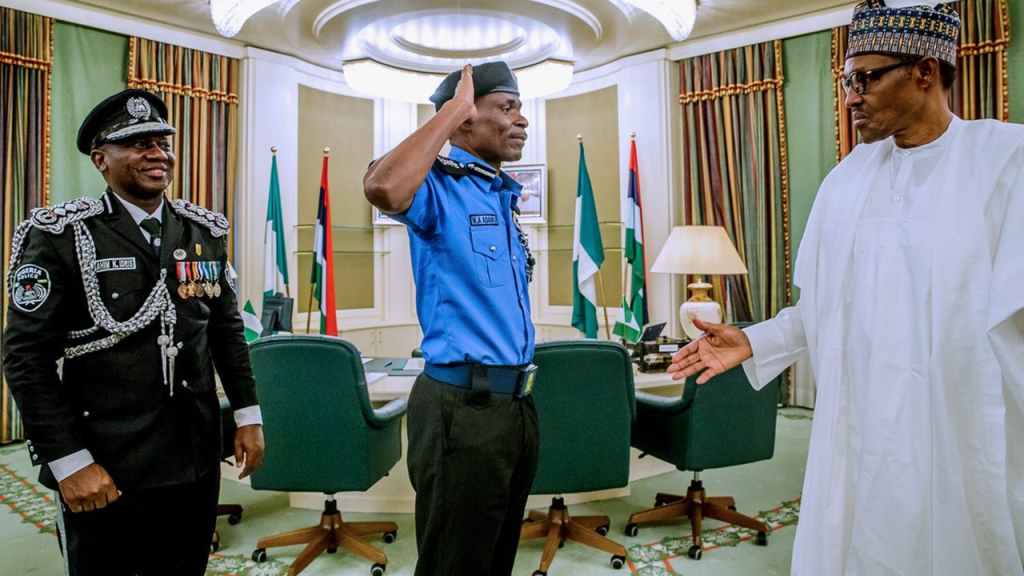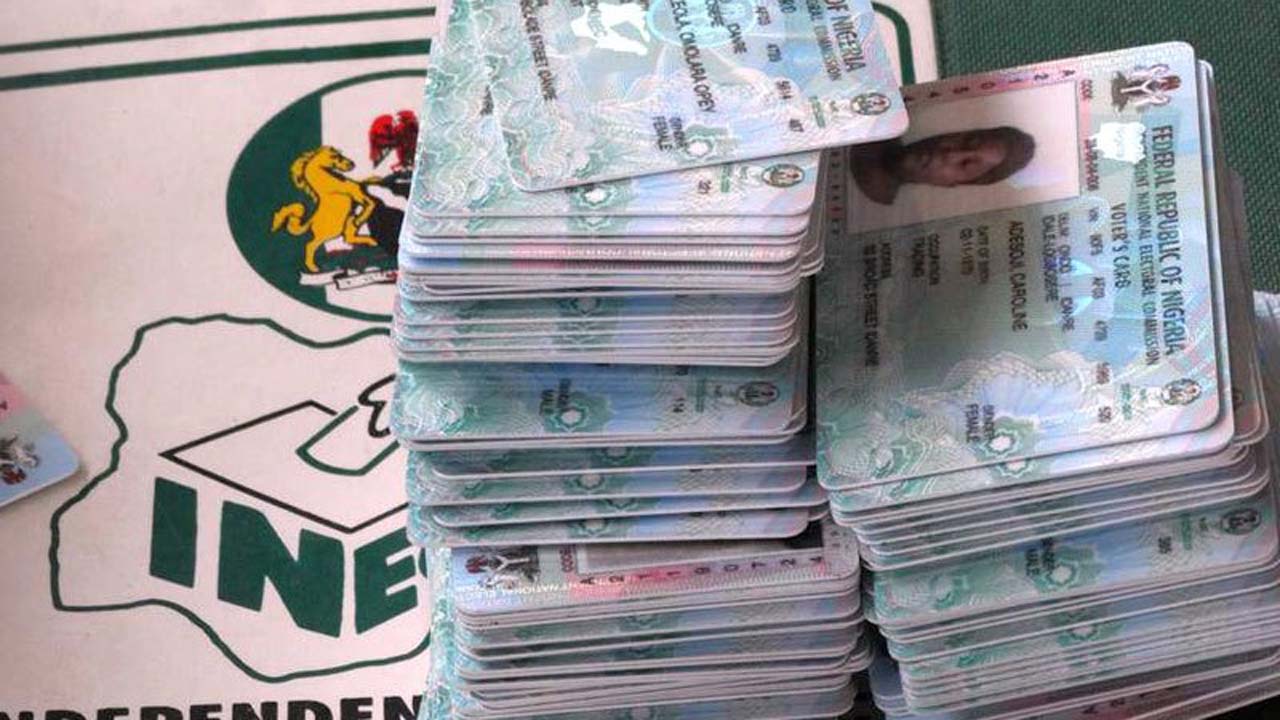Jointly written by Chima Christian; Oseloka H. Obaze
The beauty of democracy and indeed its attractiveness to many is the broad participation as well as the guarantee of periodic, genuine and credible elections. Nineteen years after Nigeria returned to participatory democracy, it has made discernible progress, including a seamless handover in 2015. Yet, Nigeria’s democracy is fraught with some teething problems. Underage voting has become a national challenge and sore point.
As the election year approaches, it is natural for people to recall words attributed to former Soviet dictator, Joseph Stalin, as recalled by his former secretary: “I consider it completely unimportant who … will vote, or how; but what is extraordinarily important is this — who will count the votes, and how.”
Going by Nigeria’s immediate-past history, such worries are not completely out of place. Not a few believe it is imperative to look critically at those who will count the votes during the 2019 general election and the methodology they will use. Certainly, there will be challenges.
Already, the Independent National Electoral Commission (INEC), the body saddled with the responsibility, is under intense criticism for what transpired at the Kano State local government area elections. The Nation, in a recent editorial piece, could not have been more critical of what happened in Kano State. Trenchantly, the paper observed: “A very sad reminder of this was the charade of an election recently conducted into the local government councils of Kano State. In an age when technology has made it difficult to hide anything, photographs of children who were illegally accredited to vote soon filled the cyberspace. Then came the denials – from the state government, the Kano State Independent Electoral Commission (KNSIEC), the ruling All Progressives Congress (APC) and somewhat the INEC. No one wanted to accept that the Constitution and the Electoral Act had been breached.”
INEC’s director of publicity and voter education, Oluwole Osaze-Uzzi, admitted that officials, often out of fear for their lives and threats by community members, do register underage voters. This confirmed the suspicion of many and opened a new vista of public condemnation.
In a move to save face and apparently restore the confidence of the national electorate, INEC set up a committee to investigate the allegations of underage voting that trailed the Kano State council elections. The committee sat and presented their report expeditiously.
In the committee’s report, according to an op-ed piece by the INEC’s chairman, Prof. Mahmood Yakubu, INEC swiftly but deftly walked away from issues of being forced to register minors, and distanced itself from the “charade” in Kano. Furthermore, INEC doubled down on its earlier stance that the only role it played was to provide the KNSIEC with the Kano State register of voters for the election. INEC also tried to disassociate the alleged irregularity from where most of the fingers are pointed, at the national register of voters. In denying any nexus between the alleged underage voting and its register, INEC contended that its register “was substantially not used to accredit voters before voting,” and thus, “it is logical to conclude that, if underage voting occurred in the election, it was not due to any presence of underage registrants on the Register of Voters.” INEC went on to state, “the few images and video clips from Kano show no accreditation of voters or any relationship with the Register of Voters.” That said, INEC sought to reassure Nigerians that the National Register of Voters, the sole determinant of who gets to vote and who doesn’t during the 2019 general election, is “dependable.”
The veracity of INEC’s contention remains in dispute. Many see INEC committee’s self-absolving report as “a proverbial child that passes the exam it sets for itself.” The widespread allegations that dead people signed petitions for Sen. Dino Melaye’s recall, a matter also handled by INEC, has not helped INEC’s image. Indeed, it is now compelling for INEC to update the National Register of Voters urgently. The body should work with the National Identity Management Commission and other relevant government agencies with national demographic data base to redact names of dead and underage voters, and in so doing invalidate those PVCs that may be used in ways that could undermine the credibility of every forthcoming state or national election.
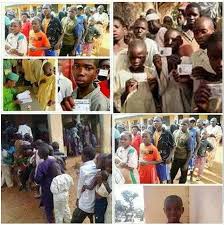
The issue of having a sufficiently credible National Register of Voters is too important a matter to be entrusted solely with the commission’s self-auditing mechanism. Political parties, civil society groups and other stakeholders should show more leadership in this regard. Beyond taking up the media space to call out INEC in the event of real or perceived shortcomings, stakeholders should take the pains to thoroughly scrutinise the National Register of Voters, and, in the event of discovering any impropriety, including underage voters, file their fact-backed complaints appropriately and pursue necessary redress rigorously.
Understandably, in its self-defense, INEC has passed the buck to various political stakeholders. According to
INEC, “We have consistently given political parties copies of the register for each year and ahead of general elections as well as governorship off-season elections. Only recently, we gave each of the 68 political parties a copy of the register containing names of the 3.9 million new voters registered in 2017. We urged them to use the register not only to reach out to voters, but also to check whether there are ineligible persons on the list and draw the attention of the commission to them. Unfortunately, since this commission was inaugurated in 2015, there has not been a single report from any political party of ineligible voters on the register.”
Given what is at stake, much will certainly be achieved if political parties, especially the leading opposition parties, civil society organisations and the media, institute their own independent scrutiny of the rather voluminous National Register of Voters, with a view of highlighting the weaknesses to the electoral umpire, and also making the register really dependable.
As required by law, INEC confirmed that it displays regularly the provisional register soon after each continuous voter registration for periods usually lasting between five and 14 days, for claims and objections. Nigerian citizens, who inevitably bear the greatest brunt of flawed elections, should sustain the tempo by maximising the opportunity of this display to alert INEC and indeed the whole world about “ineligible registrants, including underage persons and aliens.”
Two South-West states of Ekiti and Osun are scheduled to hold governorship elections before the 2019 elections. Both states present sufficient basis and the litmus to test the preparedness of INEC. The only limitation being that these two states, unlike their counterparts in the North, do not particularly have a history of underage voting, resulting from “padding” the voters register.
Available evidence and data show an interesting pattern in the geographical spread of underage voters in Nigeria. Recent data say Nigeria currently has 10.5 million out-of-school children. The largest swathes of that population are domiciled in the northern part of the country. Incidentally, the same part of the country has the highest occurrence of underage voters. That these children who could not be compelled to enroll and stay in school, could be found and persuaded to obtain voter’s card illegally and eventually mobilised to exercise “a franchise that does not belong to them legally” during elections, speaks volume of the real interests of the national elites and political class.
Discomfortingly, the issue of underage voting represents only a fraction of irregularities witnessed during recent elections. During the 2017 governorship election in Anambra State, there were allegations of grotesque manipulations of the card reader machine and a possible compromise of the ICT unit of INEC. Similarly, evidence exists that the votes of those who were manually accredited were not reflected in the final results announced after balloting. Efforts should be made to investigate those allegations and see that such exploitations, if they indeed happened, will not recur in 2019.
INEC should strive to live up to its statutory mandate – an independent arbiter. It should not allow external pressure, vested interest and internal compromise to undermine the forthcoming general election. IINEC ought to remember that the 2019 elections could have broad national security implications. The country hangs in the balance and could be tipped over by the credibility or otherwise of the 2019 general election. Great circumspection is called for.
* Chima is a research associate at Selonnes Consult, while Obaze is the MD/CEO, Selonnes Consult.

